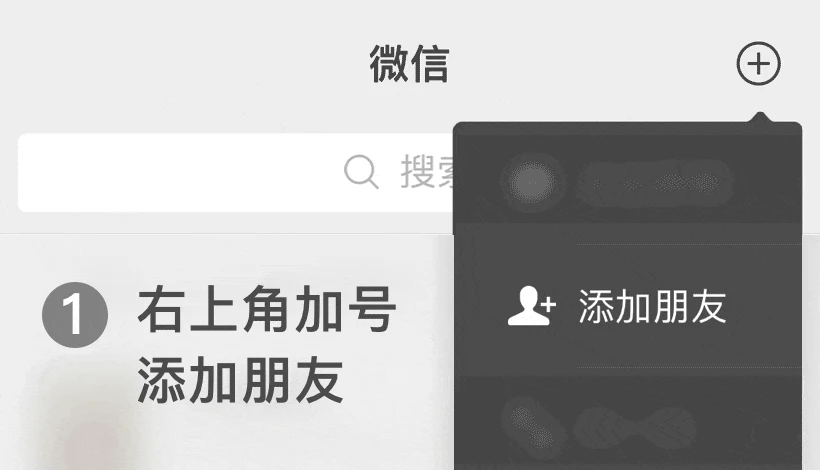(1)_副本.jpg)
 Professional services are guaranteed
Professional services are guaranteed One on one full process guidance
One on one full process guidance Efficient and fast experience
Efficient and fast experience1. Core connotation
• Integrity culture: Advocate for enterprises to incorporate integrity into their core values and foster an atmosphere of integrity culture where all employees participate.
• Institutional norms: Establish an integrity management system that covers multiple aspects such as contract management, financial management, and supply chain management.
• Code of Conduct: It requires enterprises to comply with laws and regulations, business ethics, and social responsibilities, and to eliminate dishonest behaviors such as false advertising and fraud.
• Dynamic monitoring: Continuously improve the integrity management system through regular assessments and credit repair mechanisms.
2. Scope of application This standard applies to the following enterprise scenarios:
• Enterprises participating in bidding, government procurement, or requiring credibility demonstration;
• Enterprises that need to enhance their brand image and strengthen their market competitiveness;
• Institutions that need to standardize internal management and prevent credit risks.
2.1 Value to enterprises
Enhancing market competitiveness: Integrity and qualifications can serve as significant advantages in bidding, financing, and international cooperation.
Reduce operating costs: minimize legal disputes, compensation, and reputation losses caused by dishonesty.
Enhance employees' sense of belonging: An honest culture boosts corporate cohesion and attracts high-quality talent.
2.2 Contribution to society
Promote the construction of the social credit system and create a market environment conducive to fair competition.
Promote the optimal allocation of resources, reduce transaction costs and the difficulty of social governance.
1. Authentication process
Pre-assessment (gap analysis)
document review
On-site audit (covering management and more than 3 departments)
Certification decision (valid for 3 years, subject to annual supervision and review)
2. Strategic value matrix
| Dimension | Specific benefits |
|---|---|
| Market competitiveness | Bidding bonus (up to 5 points) and priority inclusion in the government procurement catalogue |
| Financing capacity | The bank credit line is increased by 20%-30%, and the bond issuance interest rate is reduced by 15-30BP |
| Operating efficiency | Supplier disputes have decreased by 40%, and customer complaint response times have been shortened by 50% |
| Brand Premium | The willingness to pay of consumers increases by 18%, and the ESG rating rises by 1-2 levels |
Enterprises should advance in the following aspects based on their own characteristics:
1. Top-level promotion: The management team needs to take the lead in fostering a culture of integrity and ensuring resource allocation;
2. Full participation: Strengthen employees' awareness of integrity through training and clarify job responsibilities;
3. Technology empowerment: Utilize digital tools (such as blockchain-based credential storage) to enhance the efficiency of integrity management;
4. Continuous improvement: Regularly conduct internal audits and management reviews to dynamically optimize the system.
(I) Application materials
Submit to the certification body approved by CNCA:
1. Basic documents:
Application for certification (signed and stamped);
Duplicate copy of business license/registration certificate (stamped with official seal);
When applicable, relevant administrative licensing certificates.
2. System documents:
Integrity Management Manual;
Program files (programs mandated by standards);
Integrity policy, objectives, and supporting systems (such as contract management and dishonesty response system).
3. Operational evidence:
Internal audit report and records;
Management review report and records;
Key operational records (such as training, risk management and control, complaint handling, and compliance evaluation) for a period of ≥3 months.
4. Declaration document:
Self-declaration of no major dishonesty;
Letter of commitment to abide by laws and regulations.
(II) Application conditions
1. Subject qualification: A legal entity that is legally registered and operates normally.
2. System operation:
Establish a documented integrity management system that complies with GB/T 31950;
The system has been operating effectively for ≥3 months, and evidence of its operation is provided.
3. Credit record:
Not included in the list of serious illegal and dishonest entities or the list of dishonest persons subject to enforcement;
No major verified incidents of dishonesty (such as fraud, major quality/safety accidents, or serious violations of the law) in the past year.
4. Internal mechanism:
Complete internal audits covering the entire system;
The top management completes the management review.
5. Compliance commitment: We commit to abiding by the certification rules and accepting audit supervision.
According to the certification specifications of GB/T 31950 "Enterprise Integrity Management System", the certification process is rigorous and standardized, with the core steps as follows:





Wechat ID:Siterui888888
Add a wechat friend to get free plans and quotations


 Contact
Contact




 定制化解决方案
定制化解决方案 专业咨询指导
专业咨询指导 透明化服务
透明化服务 长期顾问式合作
长期顾问式合作